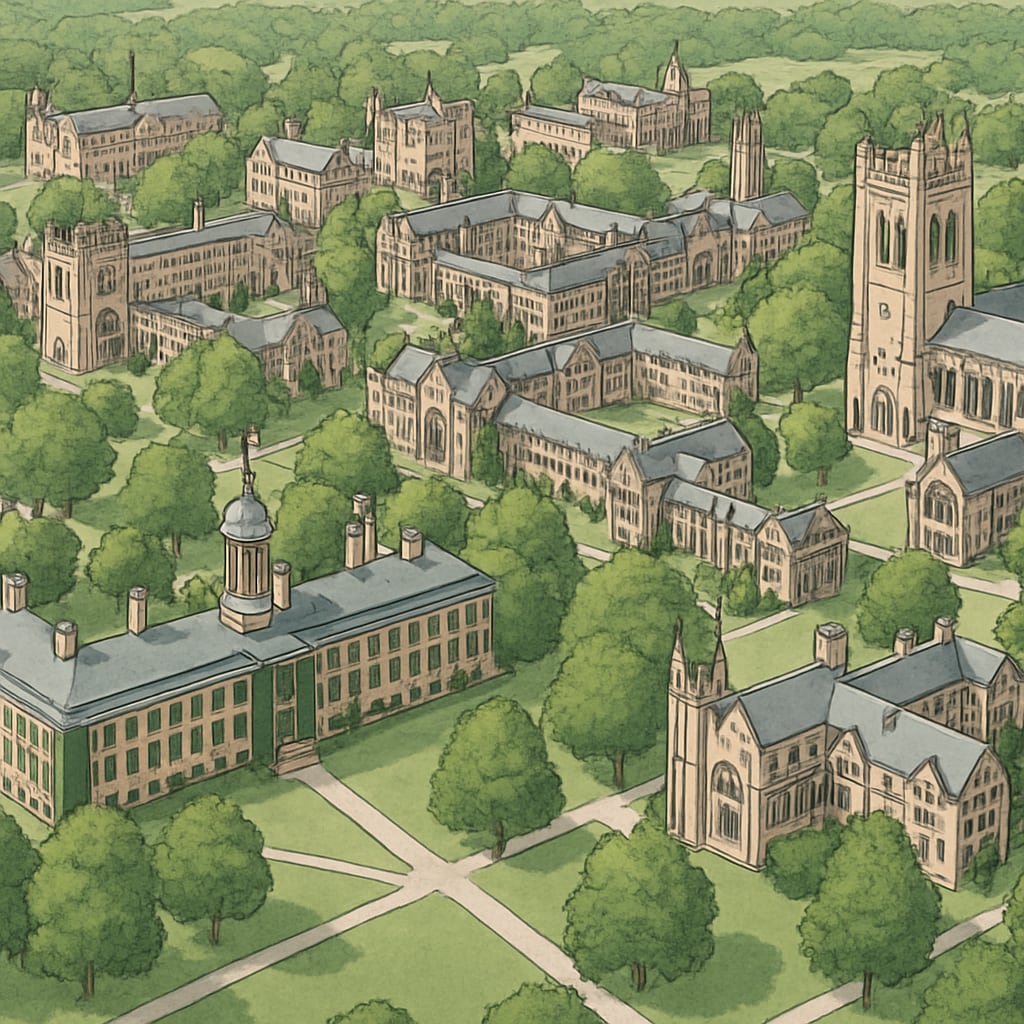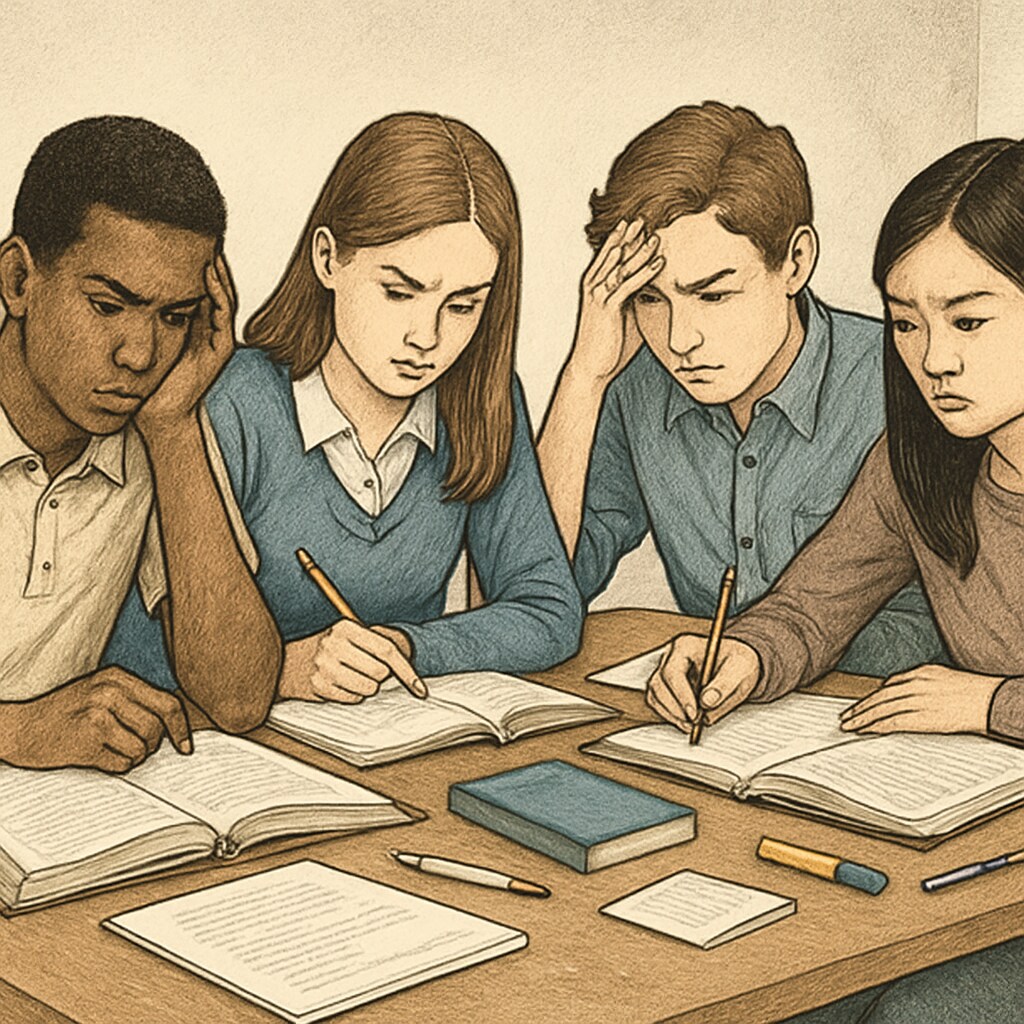The names “Princeton” and “Ivy League” have become synonymous with academic excellence, social prestige, and unparalleled opportunity. But do these institutions truly live up to the hype? This article delves into the perceived value of Ivy League schools, with a particular focus on Princeton, and critically examines their role in shaping the educational landscape. We will explore whether the societal obsession with these elite institutions is warranted and how it impacts students in the K-12 education system.
The Myth of Prestige: Are Ivy League Schools Overrated?
For decades, Ivy League universities, including Princeton, have occupied the apex of higher education rankings. They are revered not just for their academic rigor but also for the networks they provide and the doors they open. However, many experts argue that this reverence may be misplaced. A significant portion of what makes these institutions desirable lies in their historical prestige rather than their current contributions to education.
In fact, a number of studies have shown that the long-term career success of graduates from Ivy League schools is often comparable to those from less prestigious institutions. According to Britannica, Ivy League schools are exceptional in many ways, but the advantage they offer may be overstated when compared to other top-tier universities globally. This raises the question: are we placing too much emphasis on the Ivy League brand?

Princeton’s Unique Position Among Ivy League Schools
Princeton University, often ranked among the top three Ivy League institutions, is renowned for its intimate undergraduate focus, small class sizes, and rigorous academic programs. Unlike some of its peers, Princeton places a heavy emphasis on undergraduate teaching, which is reflected in its low student-to-faculty ratio. These elements undeniably create an enriching learning environment.
However, critics point out that the advantages Princeton offers to its students are not entirely unique. Many non-Ivy League institutions, such as Stanford or MIT, offer similar or even superior academic resources and opportunities. Moreover, Princeton’s Wikipedia page highlights its financial aid initiatives, but these are increasingly becoming a common feature at other universities. This calls into question whether the Ivy League designation alone is enough to justify its elevated status.
Impact on K-12 Students: The Cost of “Name-Brand” Obsession
The societal fixation on Ivy League schools has far-reaching consequences, particularly for students in the K-12 education system. The pressure to gain admission into these elite institutions can distort the priorities of younger students, leading to an overemphasis on grades, extracurricular activities, and standardized test scores at the expense of holistic development.
For example, high school students driven by “Ivy League dreams” often take on heavy academic workloads, sacrificing sleep and mental health in the process. Furthermore, families may invest significant financial resources into private tutoring or college counselors, creating an uneven playing field. This obsession with elite schools can overshadow the value of state universities and other excellent but less renowned institutions.

Reevaluating the True Value of Higher Education
Moving forward, it is essential to shift the focus from the prestige of Ivy League schools to the true purpose of higher education: fostering intellectual growth, critical thinking, and societal contribution. While Princeton and its peers undoubtedly excel in many areas, they are not the sole pathways to success. In fact, the rise of online education and specialized programs has made quality learning more accessible than ever before.
Additionally, parents and educators should encourage K-12 students to explore a broad range of institutions and programs that align with their individual goals and strengths, rather than simply chasing the Ivy League label. By doing so, we can create a more balanced and equitable educational landscape.
Readability guidance: This article uses short paragraphs and lists to improve readability. It avoids long sentences and minimizes passive voice to maintain clarity. Transition words such as “however,” “therefore,” and “in addition” are used frequently to ensure a logical flow of ideas.


